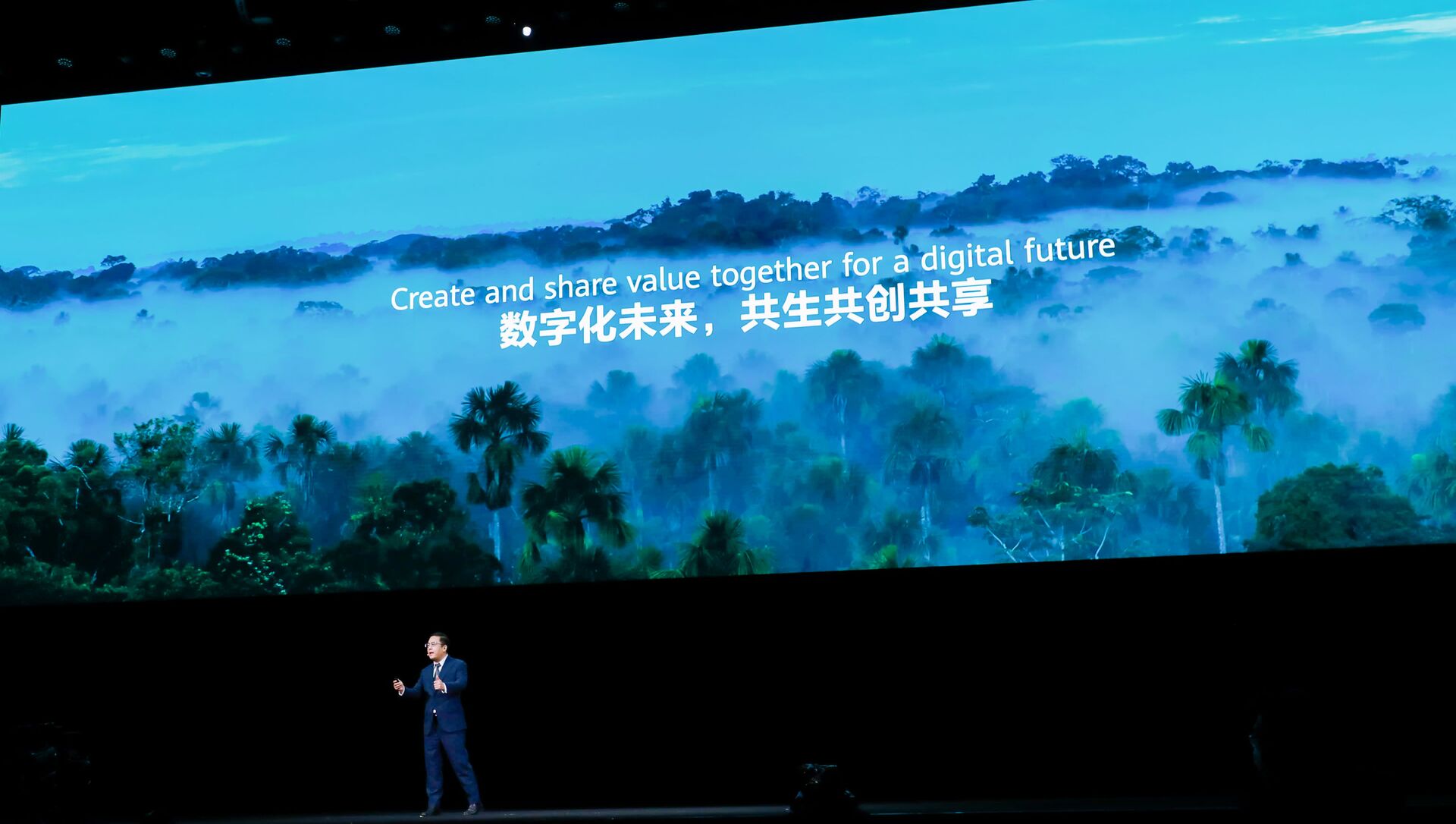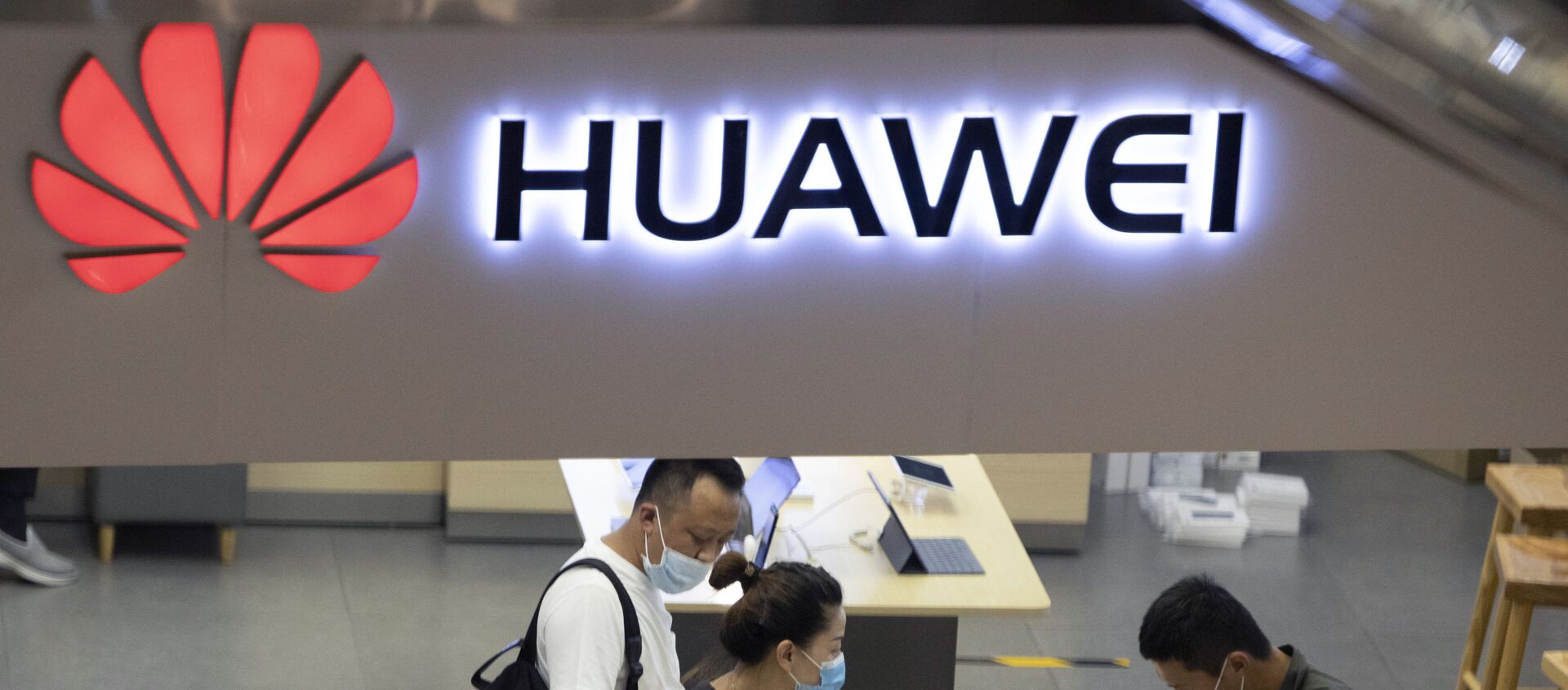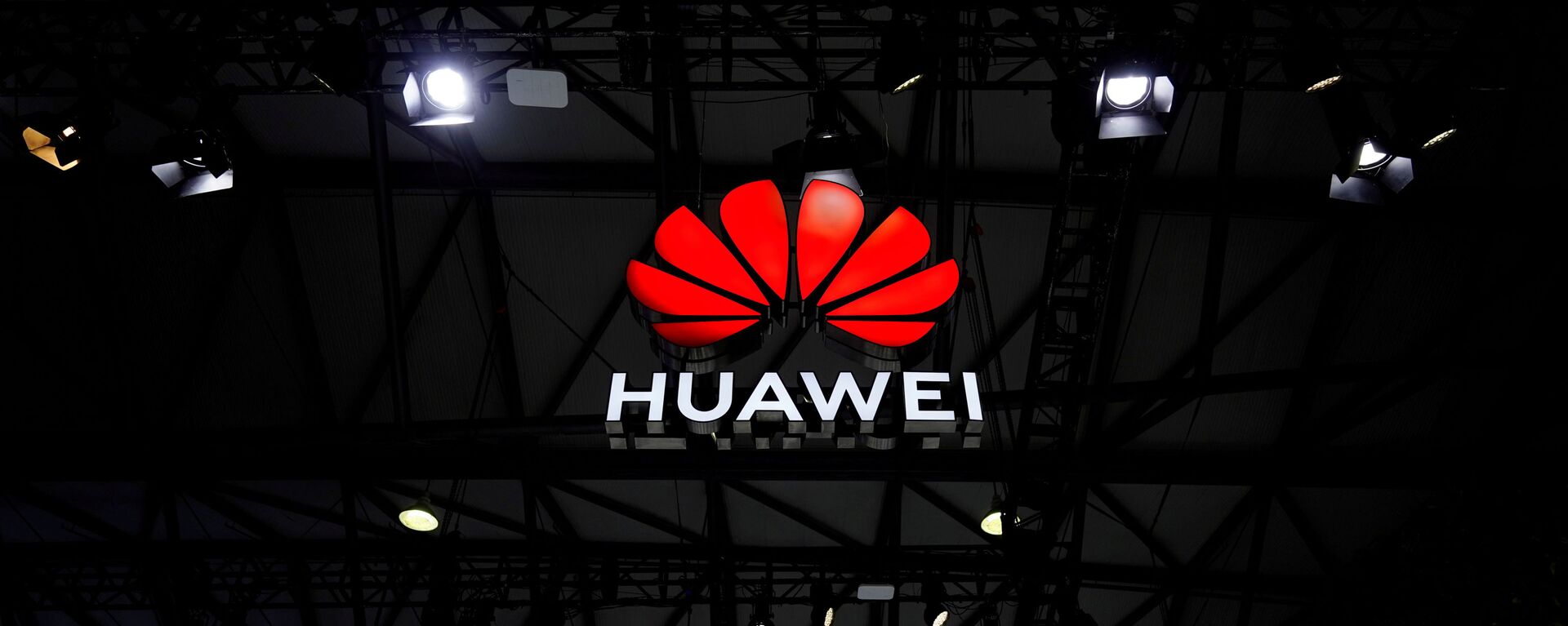Rising fragmentation in the global semiconductor industry has triggered massive panic stockpiling and increasing prices in the sector, harming trust in the chipmaking market, Eric Xu, company rotating chairman said at the Huawei Global Analyst Summit 2021 on Monday.
"Let's just assume for a minute there would be no global industry chain cooperation in the future, but a fully self-sufficient local industry chain established in each region to meet its current levels of semiconductor consumption," he said, citing a report from the Semiconductor Industry Association.
The report found it would require at least $1tn in incremental upfront investment, leading to a 35 percent to 65 percent increase in semiconductor prices and ultimately, higher costs for consumer electronics for end users, he explained.
"So, if this happened, think about it. It would be the end users that foot the bill at the end of the day," he warned.
The Huawei exec added Taiwan Semiconductor Manufacturing Corp (TSMC) had issued letters warning customers of rising product costs, adding that higher costs in the industry were expected in the coming years.
"In the past few years, the US has imposed three [rounds] of sanctions on Huawei, undermining our company and the damage has been felt. But at the same time it's hurting the global semiconductor industry even more as such sanctions have disrupted the trust relationship in the industry. More and more countries and regions have to think about supply security."
A rising number of countries and regions had to rethink their supply security, with nations and regions such as Europe, China, Japan, and others increasing investment in chipmaking and Europe aiming to build semiconductor "self-reliance," he said.
Seventeen European nations, including Germany, France, and Spain issued a joint statement on Europe's processor and semiconductor policy plans, and agreed to increase investments in Europe's tech self-sufficiency, he said.
He added that the global supply chain "ran on the assumption" it could remain flexible with zero stockpiles, leading to panic buying and worsening the global supply shortage in the semiconductor industry.
Such practices had "disrupted the whole system" and US sanctions had sparked panic stockpiling from major global firms, he added.
"Clearly the unwarranted sanctions against Huawei and other companies has turned into an industry-wide global shortage, and this could even trigger a new economic crisis in the future," Xu warned, saying that trust and cooperation were key to restoring normality to the industry.
He urged global leaders to acknowledge potential risks and restore global trust and industry cooperation "as soon as possible."
If we can these things and let global players tap into their potential with their strengths, we will see better days for the industry," he concluded.
The Huawei Analyst Summit 2021 will take place from 12 to 14 April in Shenzhen and hosts several keynote speakers across China, as well as multiple industries, including telecoms, the internet and finance, among others.
The event hosts talks on boosting global cooperation in the telecoms sector and achieving positive outcomes to boost the deployment of key emerging technologies globally.





